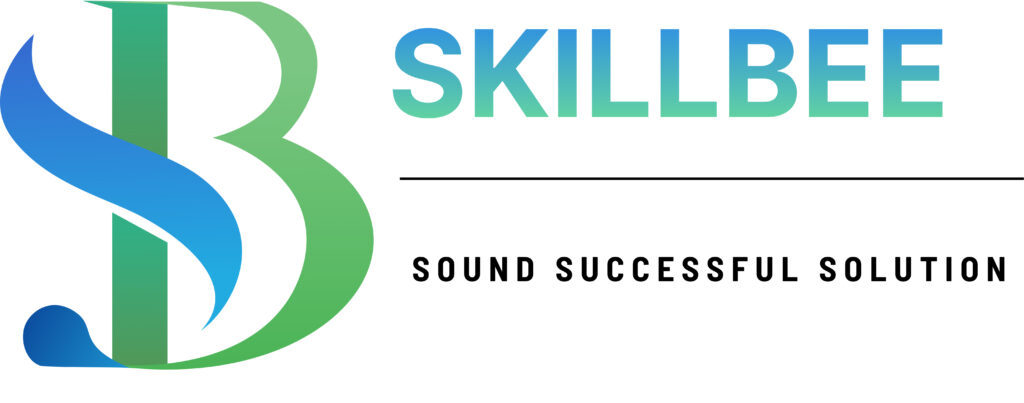Introduction
Ethics is the foundation of clinical research, ensuring the rights, safety, and dignity of human participants are protected throughout the trial process. Clinical trials are vital for evaluating the safety and effectiveness of new drugs, treatments, and medical devices. However, their legitimacy and success depend heavily on strict ethical standards—principles anchored in declarations like the Belmont Report and Declaration of Helsinki. These emphasize informed consent, voluntary participation, privacy, and a favorable risk-benefit balance.
With modern trials incorporating advanced technologies such as genomics, artificial intelligence (AI), and real-world data, ethical complexities have intensified. Concerns now include data privacy, genetic discrimination, algorithmic bias, and equitable access to cutting-edge therapies. For example, genomic trials can inadvertently expose sensitive health information about participants and their relatives, raising questions about consent and data protection. Similarly, decentralized and digital trials demand new approaches to ensure participants truly understand what they are consenting to—especially in diverse populations.
International research presents additional challenges, as ethical norms vary across cultures and jurisdictions. Ethical review boards must adapt to these complexities, ensuring that evolving technologies and globalization do not compromise human rights. Ultimately, ethics should be viewed not as a barrier to innovation but as a safeguard that strengthens public trust and scientific progress.
Kick off your course with Skillbee Solutions by following this link: https://skillbee.co.in/computer-system-validation/
Regulatory Landscape
Regulatory bodies play a central role in maintaining ethical standards in clinical trials. Authorities such as the U.S. Food and Drug Administration (FDA), European Medicines Agency (EMA), and other national regulators enforce guidelines to protect participants and ensure credible research outcomes. Institutional Review Boards (IRBs) and Ethics Committees evaluate the scientific merit, ethical soundness, and risk-benefit profiles of studies before and during their conduct.
As clinical methodologies evolve, so must regulatory frameworks. Regulations like the EU Clinical Trials Regulation (EU CTR 536/2014) and FDA guidance on digital health technologies reflect growing concern for transparency, participant rights, and digital equity. Meanwhile, laws such as the EU’s General Data Protection Regulation (GDPR) have transformed how personal health data is handled, demanding greater accountability from sponsors and researchers.
These evolving standards require adaptive thinking and proactive engagement from trial sponsors, ethics committees, and investigators alike.
Kick off your course with Skillbee Solutions by following this link: https://skillbee.co.in/computer-system-validation/
Informed Consent
Informed consent is a cornerstone of ethical research, rooted in the principle of autonomy. It ensures participants understand the study’s purpose, procedures, potential risks and benefits, confidentiality safeguards, and their right to withdraw without penalty.
However, achieving meaningful informed consent is increasingly complex. Multinational trials, technical language, digital platforms, and emerging technologies like AI and genomics can obscure understanding. Participants may fall prey to therapeutic misconception—believing the trial is designed to benefit them personally, rather than contribute to scientific knowledge.
To address this, researchers are adopting innovative consent strategies such as simplified language, visual tools, interactive online platforms, and community engagement. These methods aim to enhance comprehension and empower participants to make truly informed decisions.
Kick off your course with Skillbee Solutions by following this link: https://skillbee.co.in/computer-system-validation/
Vulnerable Populations
Certain populations require special ethical consideration due to limited capacity to consent or higher risk of exploitation. These include children, the elderly, individuals with cognitive impairments, economically disadvantaged groups, and historically marginalized communities.
In pediatric research, for example, consent must be obtained from guardians, with age-appropriate assent from the child. In elderly participants, factors like frailty or dementia must be assessed carefully. Economic vulnerability raises concerns over undue inducement, where financial incentives might coerce participation.
The principles of beneficence, justice, and respect for persons demand that researchers ensure fair inclusion, minimize risks, and foster clear, culturally sensitive communication. Regulatory frameworks like ICH-GCP and national ethics codes outline requirements for additional safeguards, including enhanced oversight, community outreach, and ongoing monitoring.
Balancing inclusion with protection is essential. Overprotection can result in exclusion and healthcare inequities, while underprotection can expose participants to harm.
Kick off your course with Skillbee Solutions by following this link: https://skillbee.co.in/computer-system-validation/
Data Privacy and Security
With the rise of digital tools, online platforms, and remote monitoring, protecting participants’ personal data has become a major ethical and legal obligation. Clinical trials increasingly rely on sensitive information such as medical histories, behavioral data, and genetic profiles—requiring robust measures to ensure confidentiality.
Global data protection laws, including the GDPR (EU), HIPAA (U.S.), and India’s Digital Personal Data Protection Act, impose strict standards for data use, storage, and sharing. These include principles like data minimization, explicit consent, and the right to withdraw or delete data.
Despite these protections, cybersecurity threats persist. Breaches can expose uniquely identifiable genetic data and cause serious ethical, legal, and reputational damage. Researchers must invest in cybersecurity infrastructure, train staff on data ethics, and maintain transparency with participants about how their data is protected.
Respecting data privacy builds public trust and supports continued participation in medical research.
Kick off your course with Skillbee Solutions by following this link: https://skillbee.co.in/computer-system-validation/
Funding and Conflicts of Interest
Clinical trial funding—whether from industry, government, or foundations—can influence study design, data interpretation, and publication decisions. Studies have shown that industry-sponsored trials are more likely to report positive results, raising concerns about biased methodologies and selective reporting.
To mitigate these risks, full disclosure of funding sources and potential conflicts of interest is essential. Ethical standards promoted by groups like the International Committee of Medical Journal Editors (ICMJE) and ClinicalTrials.gov help ensure transparency.
Independent ethical oversight, third-party audits, open access to raw data, and pre-registration of trial protocols can further protect scientific integrity. Separating sponsors from trial design, monitoring, and data analysis—via firewalls or neutral partners—reduces the risk of undue influence.
Transparent funding practices safeguard both scientific credibility and public confidence.
Kick off your course with Skillbee Solutions by following this link: https://skillbee.co.in/computer-system-validation/
Communication of Results
Ethical research requires open, timely, and complete sharing of clinical trial results. Participants deserve to know the outcomes of the studies they contribute to, and the broader public relies on accurate data to inform healthcare decisions.
However, challenges like publication bias—the tendency to report only positive results—distort the scientific record. Studies with negative or inconclusive findings often go unpublished, undermining evidence-based medicine and policy.
Organizations such as the World Health Organization (WHO) and campaigns like AllTrials advocate for universal trial registration and mandatory result reporting. Journals, trial registries, and databases must play their part in holding researchers and sponsors accountable.
Transparent communication—regardless of outcomes—honors participant trust, reduces bias, and promotes the ethical advancement of science.
Kick off your course with Skillbee Solutions by following this link: https://skillbee.co.in/computer-system-validation/
Conclusion
Ethical conduct in clinical trials is not merely a regulatory requirement—it is a moral imperative that upholds the dignity of participants and the credibility of scientific discovery. As clinical trials grow in complexity and scope, ethical frameworks must evolve accordingly.
From informed consent to data protection, from vulnerable population safeguards to conflict-of-interest management, each component is interconnected. Regulatory bodies and ethics committees must remain agile, responsive, and globally coordinated.
Ethics in clinical research thrives on collaboration between all stakeholders—researchers, participants, sponsors, regulators, and communities. Building a culture of integrity means being transparent about both failures and successes, learning from past mistakes, and continuously improving ethical practices.
By fostering trust, fairness, and respect, we can ensure clinical trials serve their ultimate purpose: to benefit human health without compromising human rights.
Kick off your course with Skillbee Solutions by following this link: https://skillbee.co.in/computer-system-validation/
Skillbee Solutions
+91-9691633901
skillbeesolutions@gmail.com

